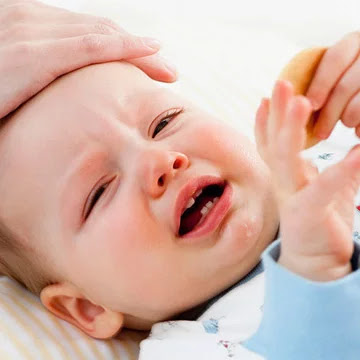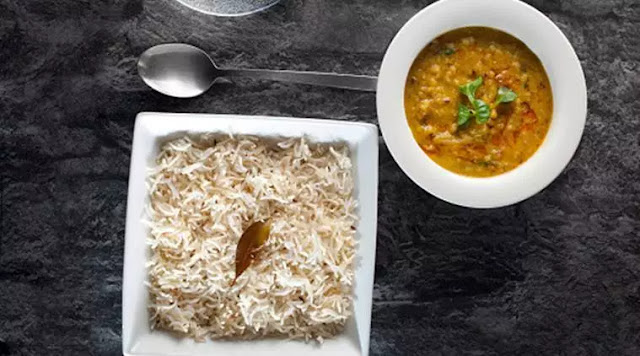Care for your coughing baby
There is nothing more bothersome than a nagging cough that does not seem to go away. While as an adult you can reach out for over-the-counter medicines, it is strongly advisable to proceed with caution when it comes to babies. Apart from taking care of the dosage, parents also need to pay attention to the potential side-effects of these medicines. This is why cough and cold medicines are usually not prescribed to children below the age of six.
If constant coughing is making your child feels really uncomfortable, there are certain things which can help in managing the symptoms in a better manner.
1. Try saline drops
Stuffy nose can cause trouble in breathing, sleeping and even eating. Saline nasal drops can make the mucus thinner in the nose and shrink the swollen airways. You can use saline drops two-three times in a day. For babies, you can try a suction bulb and if you have a toddler who can blow his/her nose with your help, give it a try.
2. Increase fluid intake
If your child is suffering from cough and cold, you should increase his/her fluid intake. The extra fluids will make the mucus thinner, which will help them cough up all that gunk easily.
You can increase their fluid intake by giving them more water, juices and milk. If your child also has a sore throat, you can give him chicken soup and hot chocolate. Make sure these are warm and not hot, to avoid burns.
Babies under six months should not be given juice or water but just breast milk or formula milk.
3. Honey
Honey soothes a sore throat and eases cough. It works even better than OTC cough medications. You can give your child ½ spoon of honey before he/she goes to bed. This will help them in sleeping better.
If your kid is smaller than one year, avoid giving him/her honey.
4. Raise the baby’s head
Just like keeping an extra pillow helps us breathe better when we have a stuffy nose, this trick works for babies too. Put a folded towel under your baby’s mattress, to raise it slightly.
5. Use a humidifier
Moisture in the air can make it easier to breathe. You can place a humidifier in your child’s room when he sleeps. The cool mist models humidifiers are better than those that produce steam.
6. Lower fever
Sometimes cold and cough accompanies a slight fever. If your baby has a fever take the following steps:
Babies under 1 month: Call your paediatrician
Babies under 3 month: Talk to the paediatrician for advice.
Babies between 3 to 6 months: You can give acetaminophen every 4-6 hours. Follow the guidelines on the medicine strictly and use only the dropper given with the medicine.
Babies 6 months or older and toddlers: You can give acetaminophen every 4-6 hours or ibuprofen every 6-8 hours. Do not give both the drugs simultaneously.
Please consult your treating physician for more details.
Tip
Babies do not eat food when they have a cold because of sore throat. Feed them with food items that they can swallow easily.




Comments
Post a Comment